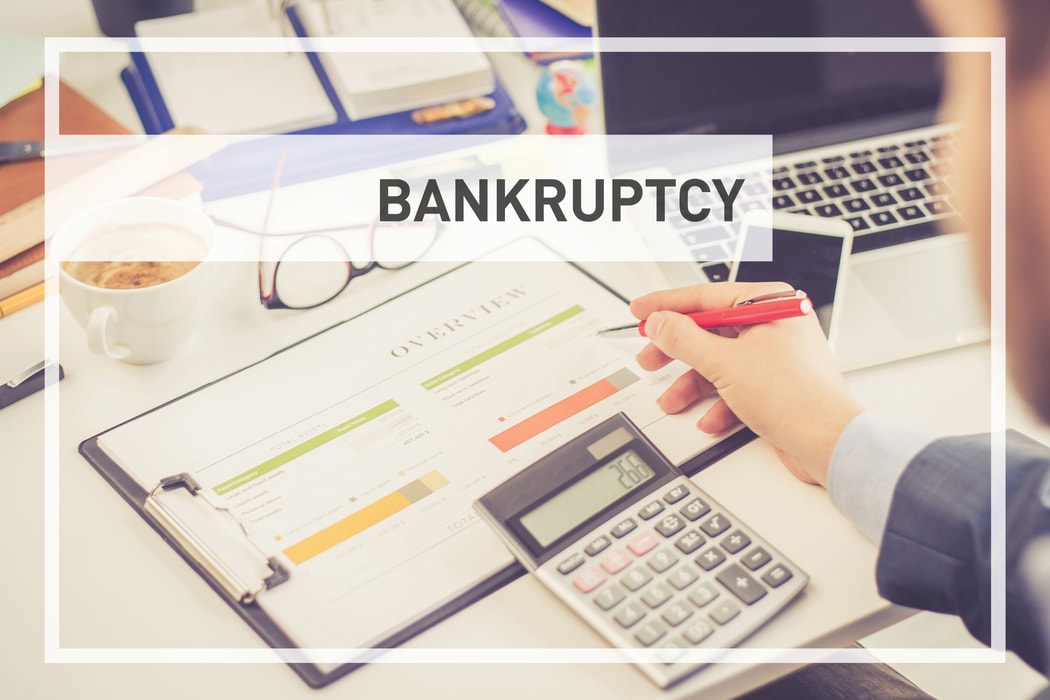
Are you overwhelmed with bills? Do you wish you had won the lottery to alleviate you from all your debt? Although the answer to that last question is more than likely a “yes please” that’s not the only way of making you debt free. There are some federal laws that can help you relieve your debt. A Lerner and Rowe Law Group bankruptcy attorney can help you file for chapter 7 bankruptcy or chapter 13 bankruptcy.
Are you ready for your fresh start?
Chapter 7 Bankruptcy
Let us explore the single most common type of bankruptcy, chapter 7. A chapter 7 bankruptcy is the most common type of bankruptcy. A chapter 7 bankruptcy seeks a discharge or a release from personal liability such as:
- Credit cards,
- Medical bills,
- Personal loans,
- Title loans and payday loans,
- Most judgments,
- Car repossession deficiencies, and
- Broken leases.
Furthermore, a chapter 7 bankruptcy will stop most wage garnishment filings. However, some debts are not dischargeable in a chapter 7 bankruptcy such as: HOA fees, criminal restitution, IRS debt, child support debt, alimony or student loans.
The Process
Part of the preparation process, the debtor will have to bring in all financial documents like bank statements, credit card statements, loan documents, paystubs and cooperate in the preparation of the bankruptcy papers. A credit counseling course is a requirement to file. Additionally, one class needs to be taken before the case is filed and the other one has to be filed post filing. Out of the comfort of your own home, you are able to take these courses on the internet or over the phone. These courses are very basic. Upon filing chapter 7 bankruptcy, the bankruptcy court will give notice of a debtors’ meeting of the creditors, which creditors rarely attend. Normally this meeting takes place 4-5 weeks after the filing of chapter 7 bankruptcy. During the meeting, your appointed trustee will ask various questions to establish all the information collected is true and correct.
In a chapter 7 bankruptcy, the debtors get to keep or retain “exempt” property and must turn over “non-exempt” property to their trustee for the benefit of their creditors. Claiming the appropriate exemptions and “exemption planning” is why you need an experienced bankruptcy attorney. Most of the necessities of life are exempt and retained by debtors.
The ultimate goal of a chapter 7 bankruptcy is to receive a “discharge” (that release of personal liability) of unsecured debt. Secured debt generally requires current payments to keep the items financed such as a house or a vehicle. The goal of any bankruptcy lawyer is to maximize the debtor’s benefits and minimize the burdens of filing a chapter 7 bankruptcy. A bankruptcy attorney may also be able to save you money or personal property by offering pre-bankruptcy advice.
Lerner and Rowe Law Group Can Help
If your debts are continuing to pile up and you think bankruptcy might be a good idea for you, our experienced Arizona bankruptcy attorney at Lerner & Rowe Law Group can answer your questions and help you make sense of the process. Contact us for a free initial consultation to see if a chapter 7 bankruptcy would benefit you. Feel free to stop by our office Monday through Friday, from 8:00 a.m. to 5:00 p.m. Or, you can call us anytime at 602-667-7777.

